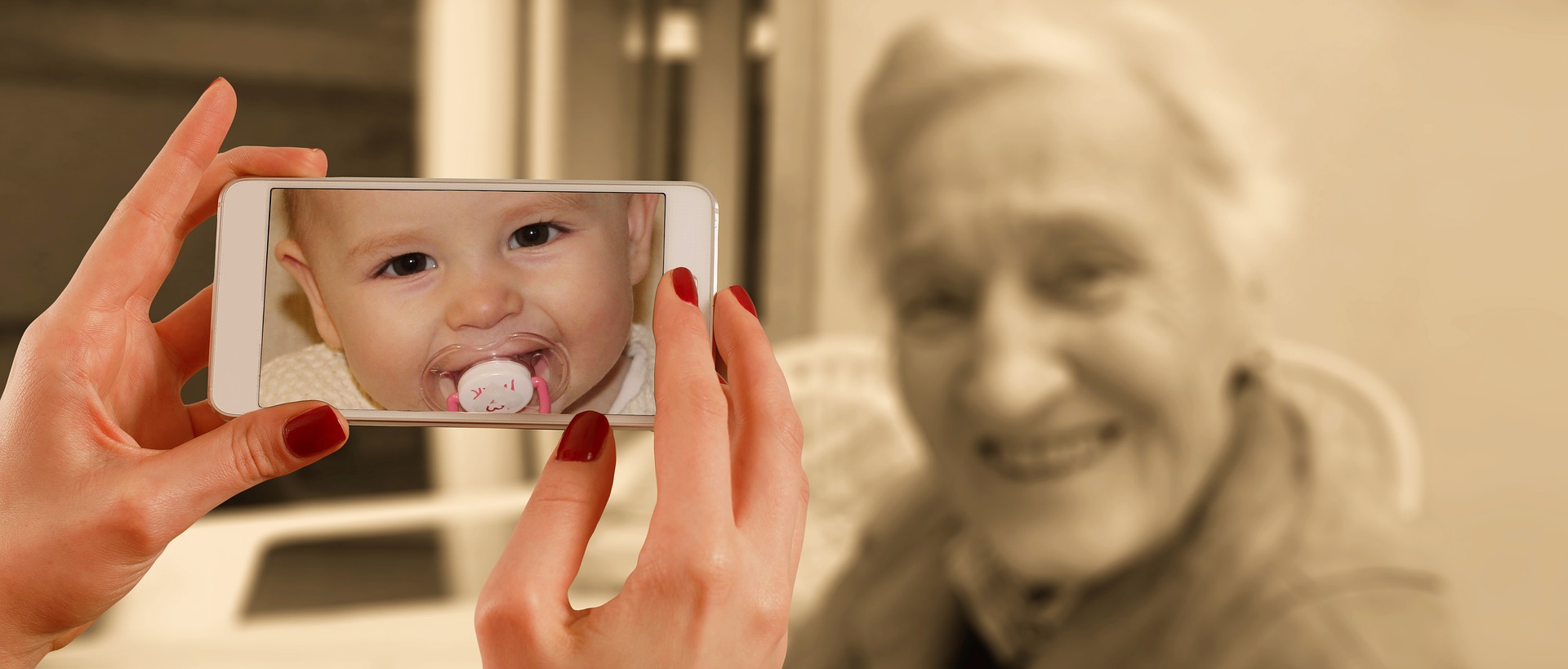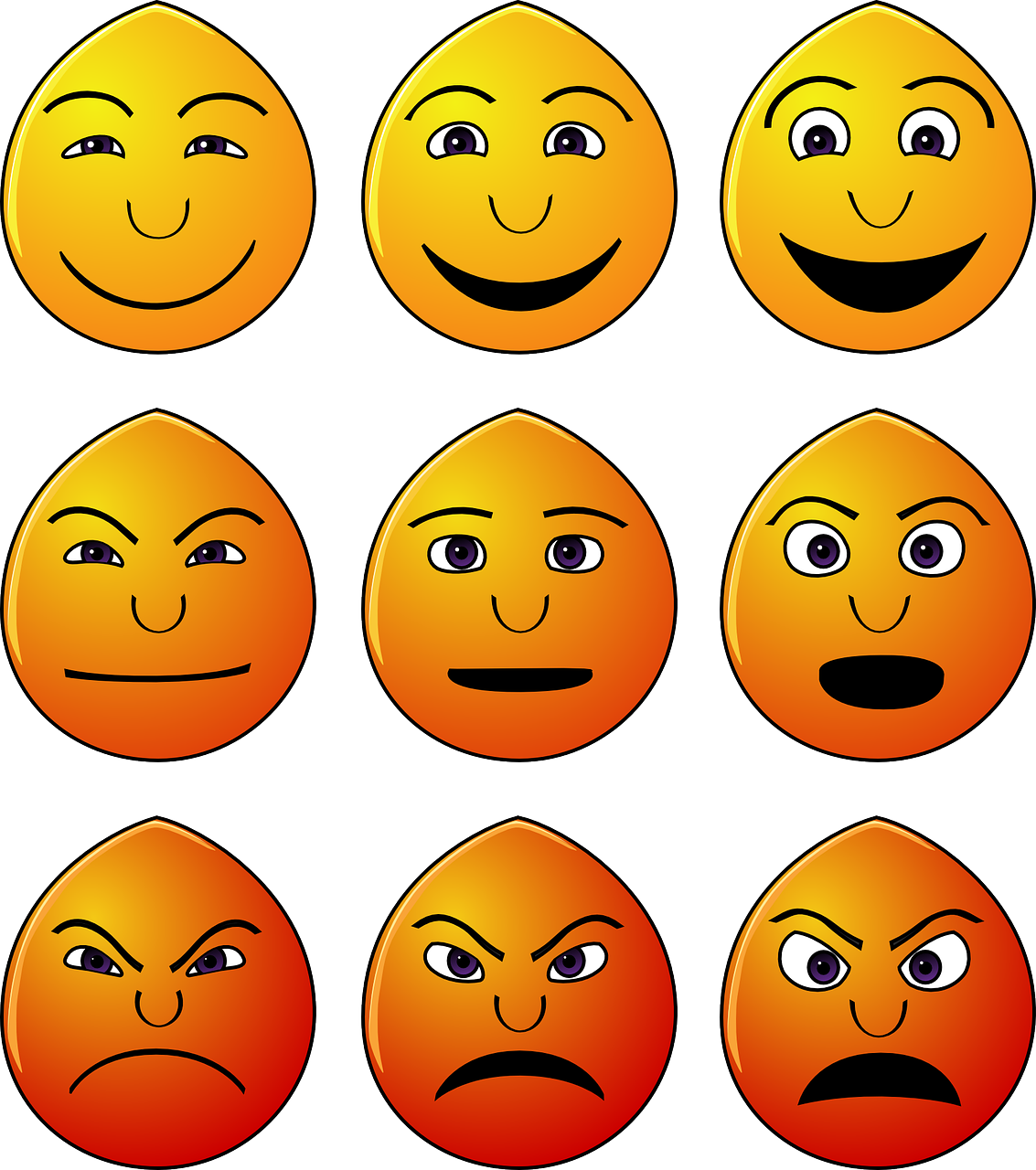-
Understanding Cellular Aging

In my last article, I talked about epigenetics and how we can measure epigenetic changes (read here if you missed it). Now we’re moving on to the good stuff—how we assess epigenetic aging and what it means for biological and psychological research. Many Different Clocks With about 20,000 protein-coding genes, there is a big…
-
Do Our Cells Age as Quickly as We Do?

Measuring Chronological Age Aging is something that we all experience, but that we still struggle to understand. We know that aging is natural and allows us to mature, and is ultimately related to natural mortality. Many researchers have sought to develop a measure for aging in our cells. A measure of aging can help us…
-
Polyvagal Theory Part 1: The Wandering Nerve

The polyvagal theory is a neurobiological theory relating social engagement, physiology, and developmental outcomes. When I was first learning the theory, I struggled to understand some of the theory’s basic terms and could not find a resource that simplified it. Therefore, this three–part series of articles is intended to serve as an introduction to the…
-
What Science Says You Can Do to Help Reduce Your Cancer Risk

Millions of people are diagnosed with cancer each year, and while not all cases of cancer are preventable, between one third and one half of these cases could be prevented by changing some everyday behaviors. Knowing that your behavior can have a real impact on your health is helpful, but what specific things can you do? Here’s…
-
Emotions and Health: Not Just a “First-World Problem”

Refuting the idea that the relationship between emotions and health is just a “first-world problem,” both positive and negative emotions were uniquely related to self-reported health outcomes in this global sample.
-
5 Reasons to Add Sleeping More to Your Holiday Wish List

“I planned out our whole day!” Will Ferrell’s character prefaces his list of holiday activities in Elf. Even if your holiday season to-do list isn’t quite as festive as Buddy the Elf’s, you likely know the feeling of having a lot to do around this time of year. One item that rarely makes the to-do…



